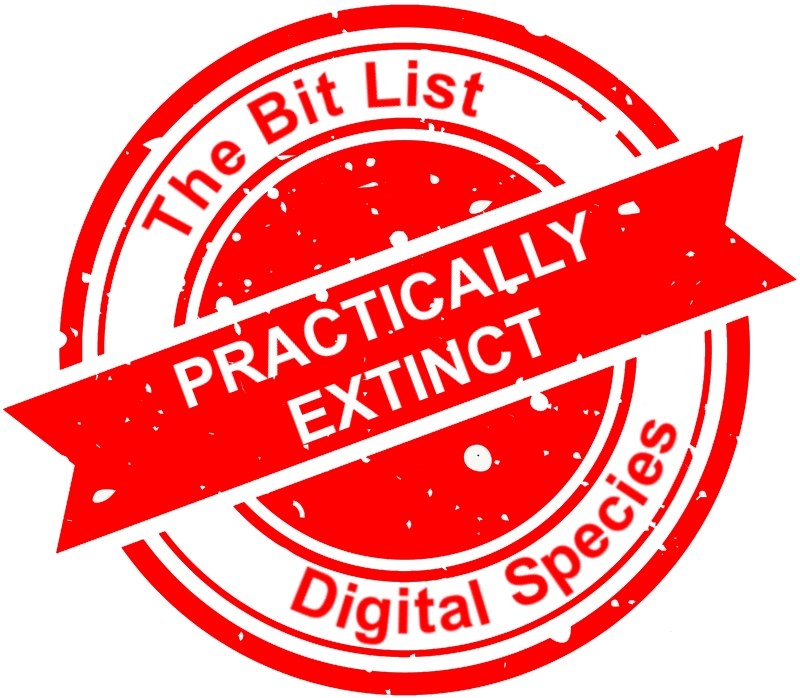Older Open Source Intelligence Sources
 |
||
|
Older open source intelligence produced, collected and analysed from publicly available social media and web content with the purpose of answering a specific intelligence question and that supports crowd-sourced investigation and fact-checking to verify or refute claims of state agencies and rebel groups in the context of historic political or military conflict. |
||
|
Digital Species: Legal Data |
Trend in 2022:
|
Consensus Decision |
|
Added to List: 2019 |
Trend in 2023:
|
Previously: Practically Extinct |
|
Imminence of Action Immediate action necessary. Where detected should be stabilized and reported as a matter of urgency. |
Significance of Loss The loss of tools, data or services within this group would impact on people and sectors around the world. |
Effort to Preserve | Inevitability Loss seems likely: by the time tools or techniques have been developed the material will likely have been lost. |
|
Examples Social media sources relating to the Arab spring. |
||
|
‘Critically Endangered’ in the Presence of Good Practice Offline backup documented and available for recovery. |
||
|
2023 Review This entry was added in 2019 from a nominated entry that was split into three subsets by the 2019 Jury relating to current, recent, and historic sources. This entry relates in particular to materials published at the time of the ‘Arab’ spring. Social media companies had initially taken little or no action with respect to social media content in conflict zones, taking the view either that they were mere technical platforms and therefore not responsible for editorial; or that the platforms were being used largely for social good, loosening the control of the media from oppressive regimes. However, as the Arab Spring progressed, the companies came under significant pressure to monitor content with more care, in part because terrorist groups had begun using social media platforms for propaganda purposes. The social media companies responded by implementing algorithms that removed or deleted content. This had the unintended consequence of deleting or suppressing content that was being used in open source investigation for journalistic or judicial purposes and may have resulted in refutation or prosecution. The 2019 Jury recognized the duty of care that social media companies have towards their users and is in no sense seeking to have that material re-published on the open web but noted the unintended consequence for journalists and investigatory authorities from the rush to deletion, illustrating how this entry further underlines the relative fragility of all social media content. The 2021 Jury agreed with the current classification and description with no change to trend. The 2022 Taskforce also found no change to trend. The 2023 Council agreed with the current Practically Extinct classification with the overall risks remaining on the same basis as before (no change to the trend). |
||
|
Additional Comments The Council also added clarification to the meaning of ‘open source’ for this entry, to explain its meaning in relation to intelligence openly available online, noting that open source can also refer to a specific software or content licence that permits limited uses of IP so this distinction would be helpful for readers. This is important for social context but may be picked up inadvertently through other ways; it remains ambiguous about who has ultimate responsibility for collecting and preserving this. See also:
|
||






























































































































